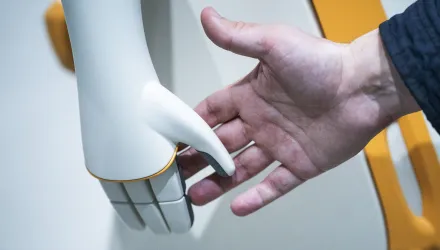The United States may be facing the most serious economic and national security challenge of the 21st century. Our government and private sector networks and information are being exploited at an unprecedented scale by a growing array of state and non-state actors. Our corporate intellectual property is being stolen and no sector is without compromise (e.g., information technology, bio-technology, defense industrial base, financial, transportation, energy, etc.). Further, our government networks are being targeted to steal sensitive information and gain understanding of mission critical dependencies and vulnerabilities. Additionally, we are finding a persistent presence on these networks and we cannot say with assurance that a network that has been penetrated has not been infected with hidden software that could be triggered in a crisis to disrupt or destroy data or communications. Over the past year, this malicious activity has grown more sophisticated, more targeted, and more serious, and we expect these trends to continue. It is no longer sufficient for the U.S. government to discover cyber intrusions in its networks, clean up the damage, and take legal or political steps to deter further intrusions. The U.S. must take action to protect the critical components upon which our economy, government, and national security are based from potential exploitation, disruption or destruction....
Hathaway, Melissa. “Cyber Security: An Economic and National Security Crisis.” INTELLIGENCER, Fall 2008





